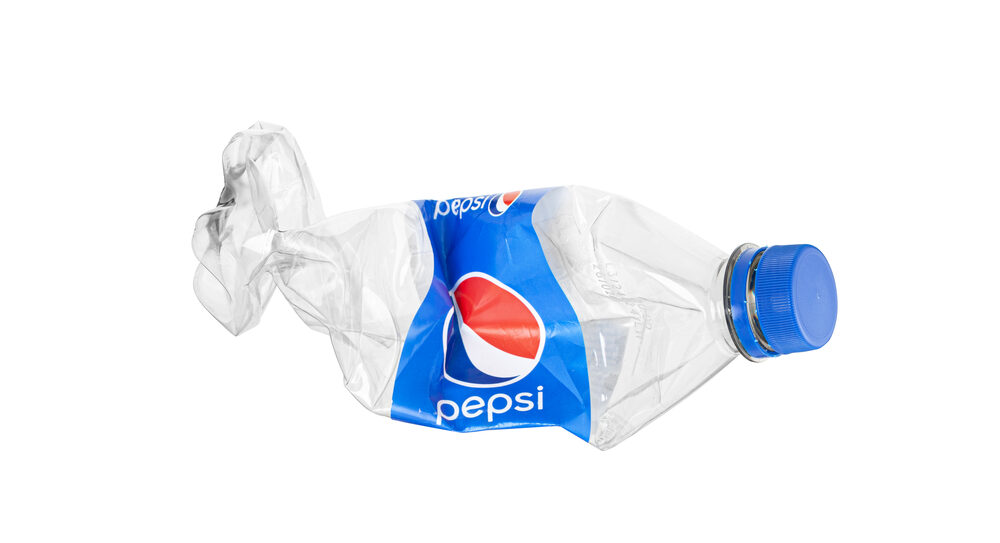PepsiCo still making money in Russia—and helping fund war

PepsiCo—the maker of Pepsi, Lay’s, Doritos, and Quaker Oats—is criticized for expanding its Russian business and funneling tax money to the Kremlin, even as Moscow drains every possible resource to fuel its war against Ukraine.
A new survey by PissedConsumer.com shows that 82% of consumers are unaware that PepsiCo pays taxes in Russia, supporting the country’s fully militarised budget. Crucially, 68% of respondents said they would stop buying PepsiCo products to protest the company’s role in Russia’s war economy and to pressure it to exit the market. Meanwhile, 75% believe PepsiCo should completely halt operations in Russia and publicly condemn the country’s human rights abuses.
The survey highlights the mounting reputational risks companies like PepsiCo face by chasing marginal profits in Russia—not to mention the financial and legal risks, including potential criminal liability for complicity in war crimes.
However, it seems someone at the company crafted a strategy to give the impression they were leaving the Russian market to calm public outrage while quietly expanding their market share to profit from competitors’ exits.
The US food and beverage giant made headlines in early 2022 as the company ’pulling out of Russia.’ At the time, PepsiCo announced it would stop advertising, suspend new investments, and cease production of certain beverages in Russia.
However, instead of withdrawing, PepsiCo continued selling rebranded versions of its drinks and even expanded its presence, opening a new megafactory in 2024 that produces 60,000 tons of snacks annually.
The company’s 2024 financial results reflect clear growth in the Russian market.
According to the latest B4Ukraine report on multinationals still operating in Russia, PepsiCo is the country’s largest food and beverage producer. In 2024, PepsiCo generated $4.5 billion in revenue in Russia and paid $122 million in profit taxes to the criminal Russian government.
That amount is enough to buy around 40 Iskander missiles, according to open-source cost data.
PepsiCo bosses are fully aware of Russia’s war crimes, yet they are ignoring the atrocities they indirectly contribute to.
PepsiCo’s vast operations in Russia have sparked mounting calls to boycott its brands: Ukrainians have ramped up social media campaigns, artists are denouncing the company in their songs, Swedish activists are publishing opinion pieces, and in the Netherlands, protesters confronted PepsiCo CEO Ramon Laguarta.
By staying in Russia, PepsiCo normalises the Kremlin’s crimes in the eyes of ordinary Russians. Its profits come at the expense of Ukrainians fighting not just for their survival, but for the rules-based international order from which PepsiCo has long profited.
PepsiCo must exit Russia immediately or be held accountable.
A boycott is a powerful tool that can force companies to act. But it’s long overdue for G7, EU, and allied countries to address the role their businesses play in Russia today, and how this affects Ukraine’s people and the course of the war. B4Ukraine urges Western governments to incentivize and reward responsible exits, while introducing deterrents—including financial penalties, restrictions on contracts, and exclusion from public procurement—for firms that continue doing business in Russia.
